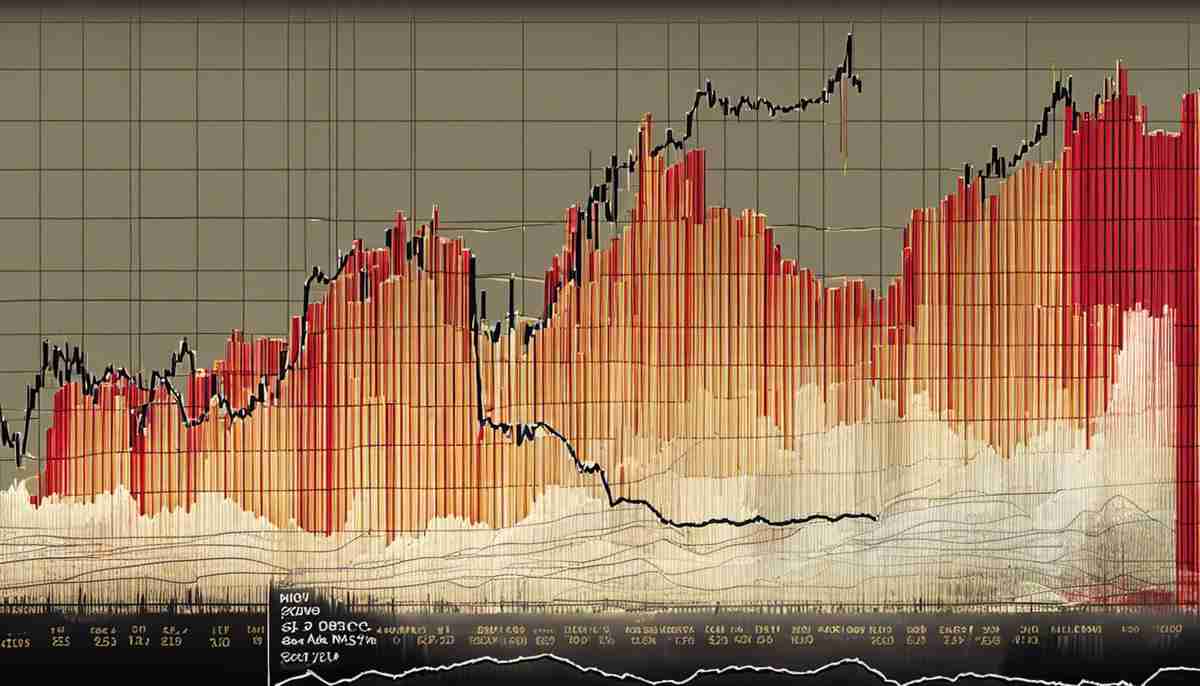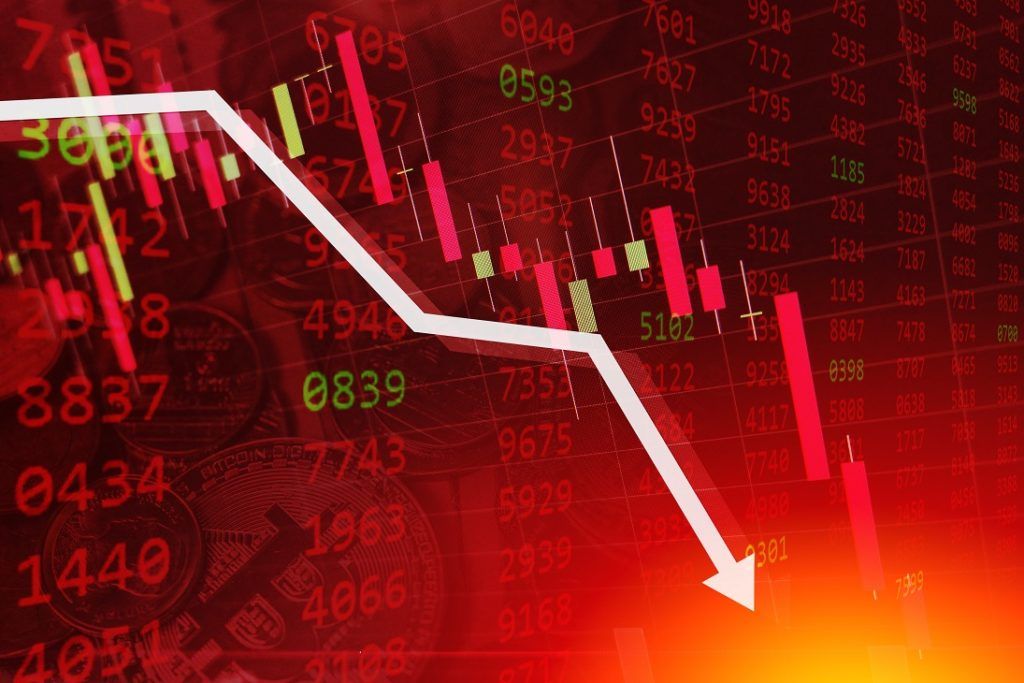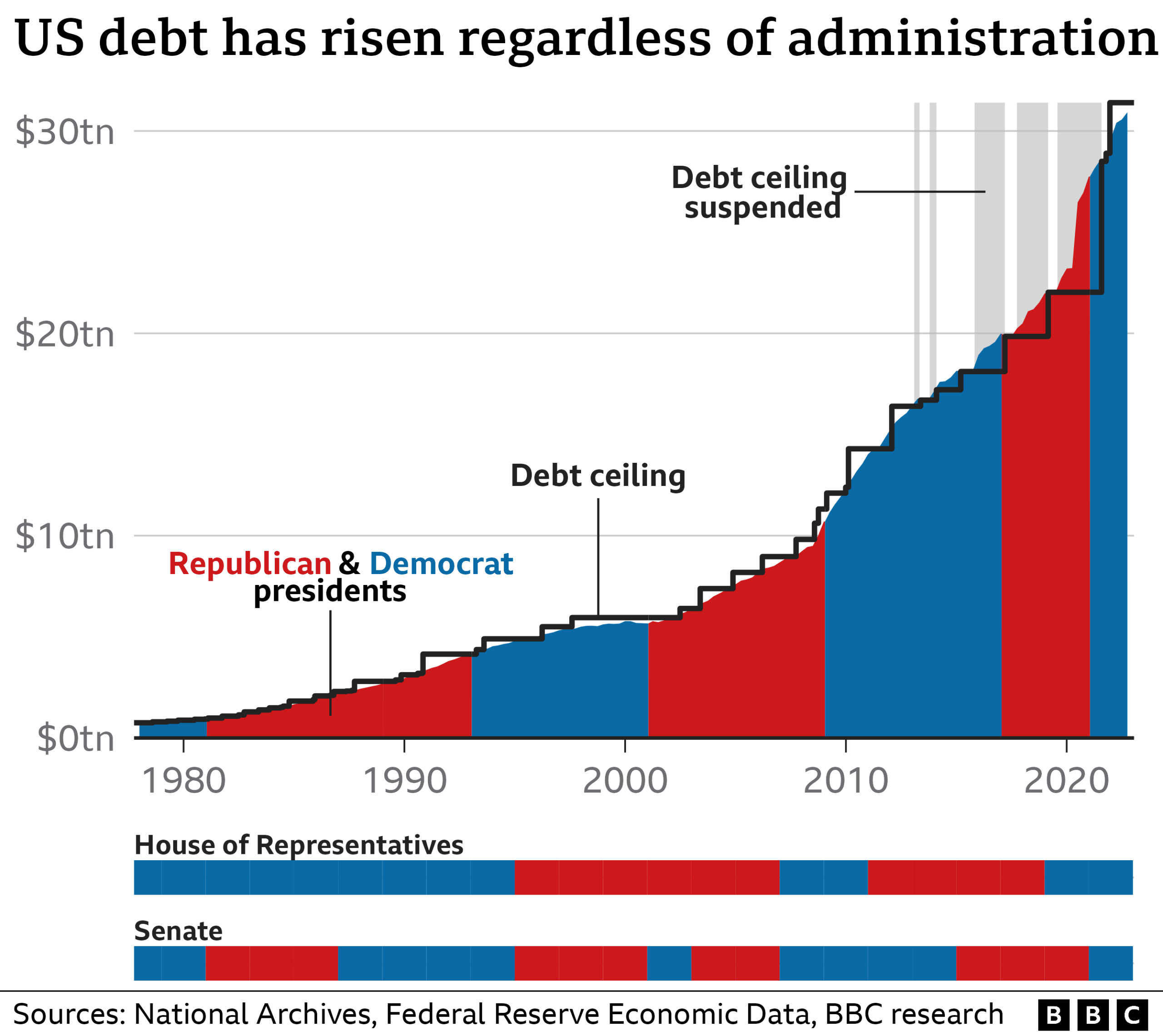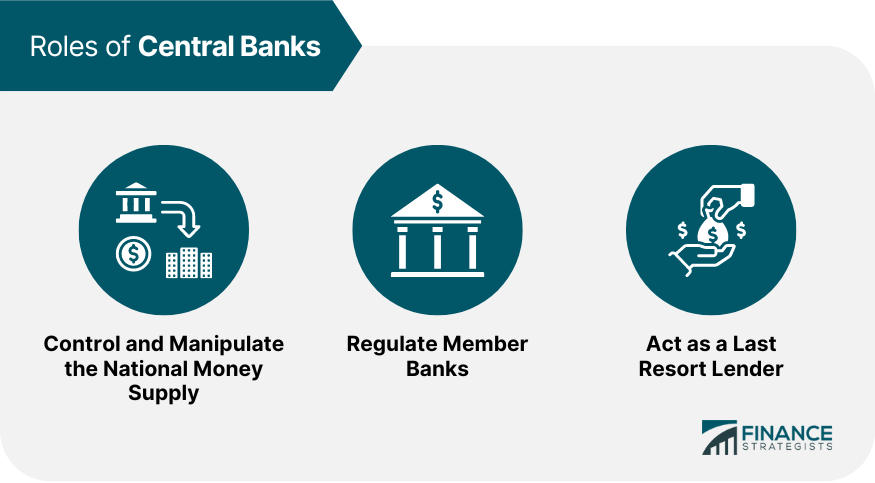
Understanding Market Crashes: Beyond Just Stocks – A Beginner’s Guide to Economic Downturns
The term "market crash" often conjures images of panicked traders, flashing red screens, and plummeting stock prices. While the stock market is certainly a significant player, understanding market crashes requires looking beyond just stocks. These seismic financial events can ripple through various asset classes, impacting real estate, bonds, commodities, and even the everyday lives of people around the globe.
For beginners, the world of finance can seem daunting, especially when talk turns to recessions, depressions, and market meltdowns. But by breaking down the causes, effects, and broader scope of these events, you can gain a clearer perspective and better prepare yourself financially.
What Exactly Is a Market Crash?
At its core, a market crash is a sudden, significant, and often unexpected drop in the value of assets within a particular market. While there’s no single, universally agreed-upon percentage that defines a "crash," it typically involves:
- Sharp Declines: Much steeper than a normal market correction (which is usually a 10% drop).
- Speed: The fall happens very quickly, often over days or weeks, rather than months.
- Panic Selling: Fear and uncertainty lead investors to sell off assets rapidly, creating a downward spiral.
It’s important to differentiate a crash from a "bear market" or a "correction."
- Correction: A decline of 10% or more from a recent peak. These are common and healthy.
- Bear Market: A sustained period (usually months) where prices fall 20% or more from recent highs. Bear markets can include crashes.
- Crash: A sudden, rapid, and dramatic decline, often a precursor or a major event within a bear market.
The Usual Suspect: Stock Market Crashes
When most people think of a market crash, they think of the stock market. This is because stock markets are highly visible, widely reported, and represent the collective value of public companies. A stock market crash means the overall value of company shares has plummeted.
Famous Stock Market Crashes:
- Black Monday (1987): The Dow Jones Industrial Average fell 22.6% in a single day, the largest one-day percentage drop in history.
- Dot-Com Bubble Burst (2000-2002): Speculation in internet-based companies led to inflated stock prices, which then collapsed, wiping out trillions in wealth.
- 2008 Financial Crisis: Triggered by a collapse in the housing market and complex financial products, this led to a severe stock market downturn and a global recession.
- COVID-19 Crash (2020): The rapid spread of the pandemic and subsequent lockdowns caused a sharp, albeit brief, global stock market decline.
These events show that stock market crashes are not isolated incidents but recurring features of economic cycles.
Beyond Equities: Other Markets Can Tumble Too
While stocks often grab the headlines, a true understanding of market crashes requires acknowledging that other financial markets can also experience severe downturns, often with equally devastating consequences.
1. Real Estate Market Crashes
A real estate crash occurs when housing or property values decline significantly and rapidly across a broad area. This isn’t just about a few homes losing value; it’s a widespread drop that can affect homeowners, banks, and the broader economy.
- How it happens: Often, a real estate bubble forms when demand and speculation drive prices far above their sustainable levels. When that bubble bursts, prices can plummet, leading to foreclosures, negative equity (owing more than your home is worth), and a freeze in new construction.
- Example: The 2008 U.S. Housing Market Collapse is a prime example. Excessive subprime lending (loans to borrowers with poor credit) and risky mortgage-backed securities created a massive bubble. When borrowers defaulted, the entire system crumbled, leading to widespread foreclosures and a global financial crisis.
2. Bond Market Crashes
Bonds are essentially loans made to governments or corporations, and they are generally considered safer than stocks. However, the bond market can also experience significant volatility.
- How it happens: A "bond crash" usually refers to a sharp increase in interest rates, which causes the value of existing bonds to fall. This is because newly issued bonds offer higher interest payments, making older, lower-paying bonds less attractive. While less common than stock crashes, a sudden and severe sell-off in bonds can create liquidity problems for institutions that hold large amounts of them.
- Impact: A major bond market sell-off can increase borrowing costs for everyone, from governments to businesses and individuals, slowing economic growth.
3. Commodity Market Crashes
Commodities are raw materials like oil, gold, silver, natural gas, and agricultural products. Their prices are driven by supply and demand.
- How it happens: A crash in a commodity market typically occurs due to a massive oversupply or a sudden collapse in demand.
- Example: The 2020 Oil Price Crash saw crude oil prices briefly turn negative due to a severe drop in demand during COVID-19 lockdowns and a price war between major producers, leading to storage facilities overflowing. While this was good for consumers at the pump, it devastated oil producers and related industries.
4. Cryptocurrency Market Downturns ("Crypto Winters")
While newer and more volatile, the cryptocurrency market has experienced its own dramatic crashes, often referred to as "crypto winters" or "bear markets."
- How it happens: Driven by speculative frenzies, regulatory crackdowns, major hacks, or a general loss of investor confidence, cryptocurrencies like Bitcoin and Ethereum can see their values plummet by 70-90% or more in a short period.
- Impact: While not as systemic a risk to the traditional global financial system yet, these crashes can wipe out significant personal wealth and impact companies involved in the crypto space.
5. Credit Market Freezes
Perhaps the most insidious and dangerous type of crash is a credit market freeze. This isn’t about the value of an asset itself, but about the flow of money between banks and institutions.
- How it happens: In a healthy economy, banks constantly lend money to each other, to businesses, and to individuals. If trust breaks down (e.g., banks fear other banks might go bankrupt), they stop lending. This is like the blood supply to the economy suddenly stopping.
- Impact: This was a critical component of the 2008 crisis. When credit froze, businesses couldn’t get loans to operate, individuals couldn’t get mortgages, and the entire economy ground to a halt. Governments often have to step in with massive bailouts to unfreeze these markets.
Common Causes: Why Do Markets Crash?
Market crashes are rarely caused by a single factor. Instead, they are often the result of a confluence of underlying issues, often exacerbated by human psychology.
- Economic Bubbles: This is when asset prices (stocks, housing, tech companies, etc.) rise far above their intrinsic value, driven by speculation and irrational exuberance rather than fundamentals. When the "bubble bursts," prices rapidly deflate.
- Excessive Leverage and Debt: When individuals, companies, or even governments borrow too much money to invest or operate, it creates a fragile system. If asset values fall, those with high debt loads can’t repay their loans, leading to defaults and a domino effect.
- Sudden Interest Rate Changes: Central banks (like the U.S. Federal Reserve) control interest rates. Raising rates too quickly can make borrowing more expensive, slow down economic activity, and make investments less attractive, potentially triggering a market downturn.
- Geopolitical Events and "Black Swans": Wars, terrorist attacks, natural disasters, or global pandemics (like COVID-19) can create immense uncertainty, disrupt supply chains, and cause a sudden loss of confidence in markets. These are often called "black swan" events because they are rare, unpredictable, and have extreme impacts.
- Loss of Confidence and Panic: Human psychology plays a huge role. Once a downturn begins, fear and uncertainty can spread rapidly. This "herd mentality" leads to panic selling, where investors sell assets regardless of their long-term value, simply because everyone else is selling.
- Regulatory Failures and Fraud: Inadequate regulation or outright fraudulent activities (e.g., Ponzi schemes, misrepresentation of assets) can create vulnerabilities that, when exposed, trigger widespread distrust and market collapses.
The Ripple Effect: How a Crash Impacts Everyone
A market crash isn’t just about numbers on a screen; its effects ripple through the real economy, impacting ordinary people in profound ways:
- Wealth Erosion: Savings, retirement funds, and investment portfolios lose significant value. This can delay retirement plans, reduce purchasing power, and create financial insecurity.
- Job Losses and Economic Slowdown: As businesses face reduced demand and tighter credit, they often cut costs, leading to layoffs. This increases unemployment, reduces consumer spending, and further slows economic growth, potentially leading to a recession.
- Tightening of Credit: Banks become more cautious about lending, making it harder for individuals to get mortgages or car loans, and for businesses to get capital for expansion or even day-to-day operations.
- Psychological Impact: The uncertainty and financial stress caused by a crash can take a toll on mental health, leading to anxiety and depression.
Navigating the Storm: How to Prepare & React
While market crashes are an inevitable part of economic cycles, you can take steps to protect yourself and even find opportunities.
- Build an Emergency Fund: Have 3-6 months (or more) of living expenses saved in an easily accessible account. This prevents you from being forced to sell investments at a loss if you face unexpected expenses or job loss during a downturn.
- Diversify Your Investments: Don’t put all your eggs in one basket. Spread your investments across different asset classes (stocks, bonds, real estate, commodities) and different industries. When one market struggles, another might hold steady or even perform well.
- Maintain a Long-Term Perspective: For most investors, market crashes are temporary setbacks. History shows that markets eventually recover and reach new highs. Don’t panic and sell everything; this often locks in your losses.
- Avoid Excessive Debt: High levels of personal or business debt make you more vulnerable during economic downturns when income might decrease or interest rates might rise.
- Stay Informed, But Avoid Obsession: Understand what’s happening in the economy, but don’t let daily market fluctuations dictate your emotions or decisions. Tune out the noise and focus on your long-term plan.
- Rebalance Your Portfolio: During a crash, some assets might become "cheaper." This can be an opportunity to buy quality assets at a discount, rebalancing your portfolio to your desired asset allocation.
- Consult a Financial Advisor: A professional can help you create a personalized financial plan that accounts for your risk tolerance, goals, and helps you navigate volatile market conditions.
Conclusion: Understanding is Your Best Defense
Market crashes, whether in stocks, real estate, bonds, or other markets, are complex events driven by a mix of economic fundamentals and human psychology. While they can be frightening, they are also a recurring feature of the global economy.
By understanding that market crashes go beyond just stocks, recognizing their diverse causes, and knowing how to prepare and react, you can build a more resilient financial future. Instead of fearing the storm, you can learn to weather it, and potentially even find opportunities for growth once the skies clear. Knowledge, patience, and a well-thought-out financial plan are your strongest defenses against the inevitable ups and downs of the market.




Post Comment